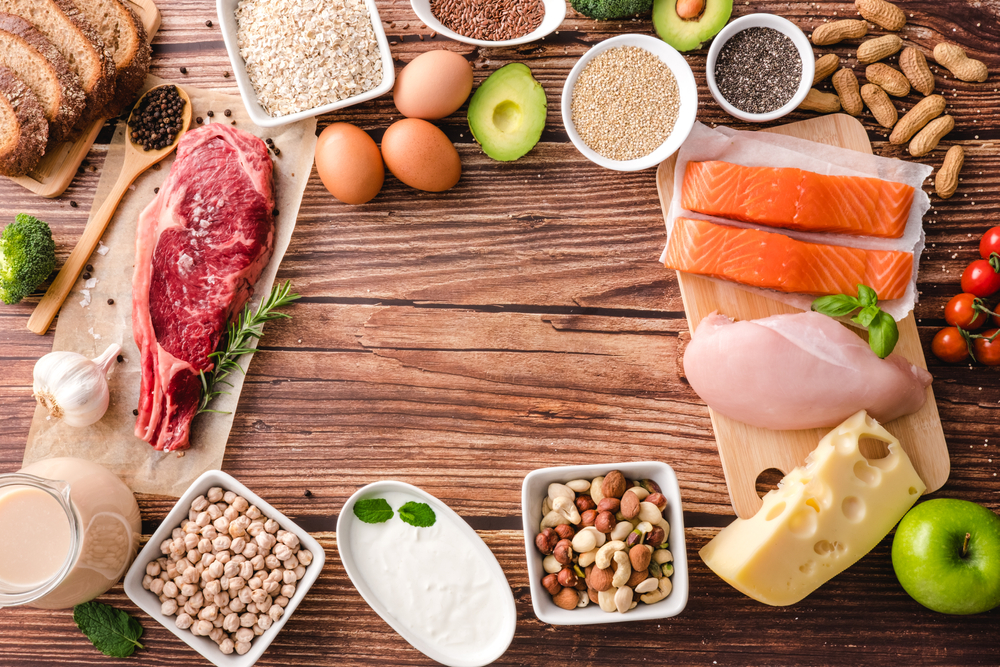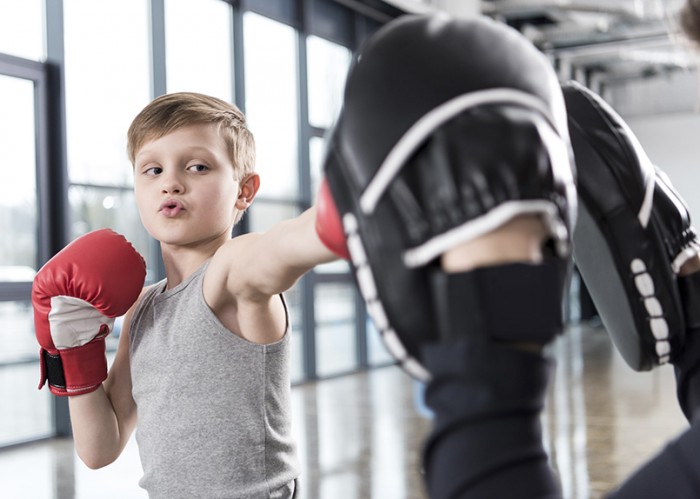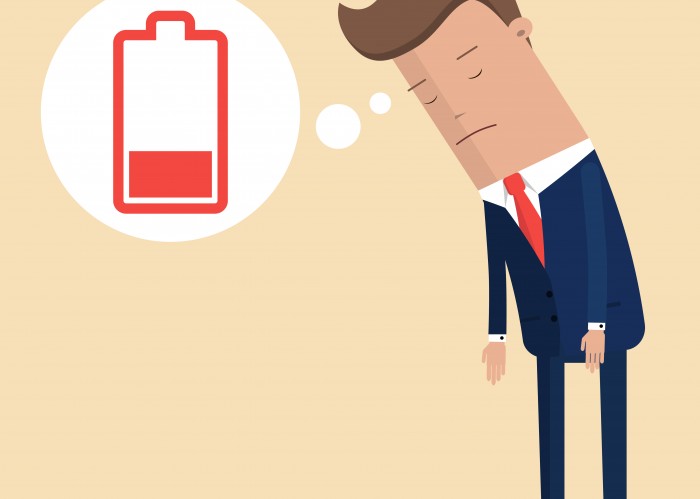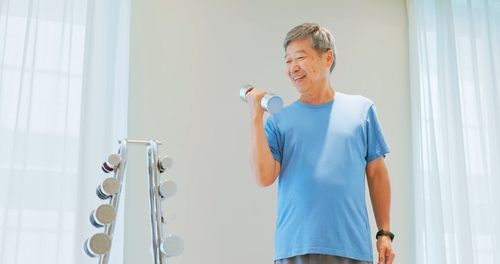
Bodybuilding is the act of improving one’s physical appearance. It’s accomplished by exercise, particularly weightlifting, with muscle growth or definition being a crucial component. The process of boosting the body’s muscle and symmetry, as well as promoting overall health and fitness, is known as bodybuilding. While you are proceeding with bodybuilding, it is important to get a set of the recommended food and to avoid a set because it has a greater impact on your goal of muscle building. However, you must be aware of the exact amount of the calorie requirement for you. You can get it to know by a personal fitness coach as they can follow up your exercise patterns as well. In this blog, we will be discussing what food you should eat and avoid for Muscle Gain.
What food should you take?
Eating the appropriate nutrients can improve muscle growth, recovery from training, and energy maintenance. The foods listed below are high in protein and can aid in muscle growth. Many of them also contain carbs and fibre, as well as important vitamins.
- Eggs: Eggs contain the amino acid leucine, which has been shown to be necessary for muscle synthesis in studies. Eggs are also a proven source of B vitamins, which are necessary for energy production. A boiled or poached egg contains 6.28 g of protein.
- Chicken: Chicken without the skin is a low-fat protein source that can be readily incorporated into a variety of dishes and recipes. A 120 g medium chicken breast without skin delivers 35.5 g protein from a trusted source.
- Tuna: Apart from its benefits for general health and inflammation, tuna fish is a good source of omega-3 fatty acids. Omega-3 fatty acids, according to many studies, may help boost muscle size and strength. Tuna has a protein content of 7 grams per ounce.
- Milk: Milk can be a good alternative to improve protein and hydration after exercise as long as people tolerate it. Milk also includes calcium, which is essential for bone health. Skimmed milk or 1% fat milk contains 8 g of protein in 8 oz, while high protein milk contains 13 g of protein in 8 oz.
- Peanut: A cup of peanuts contains roughly 41 g of protein as a trusted protein source and includes 257 mg of magnesium per cup, which may help athletes perform better during exercise. Peanut butter has 7 grams of protein in two tablespoons.
What to Avoid?
Regardless of how often you love consuming these foods, many personal trainers explain why you should definitely avoid them. Of course, this doesn’t mean you should eliminate them completely—but if you want a ripped physique, these won’t help you out.
- Deep-Fried food: Deep Fried food such as Fried fish, French fries, onion rings, chicken strips, and cheese curds can cause inflammation and sickness if ingested in large amounts.
- Alcohol and Carbonated Drinks: Alcohol inhibits your body’s capacity to reduce fat, interfering with your bodybuilding goals. Carbonated drinks, such as diet sodas and sparkling water, can stifle your capacity to exercise by slowing down digestion.
- High Fat/High Fiber food: Buttery foods and high-fat meats restrict your capacity to lose weight. Though fibre is helpful in digestion, higher fibre levels can also slow it down.
- Extra Sugar: These are foods that are high in calories but low in nutrition. Sugary meals, such as candy, ice cream and sugary drinks, should also be avoided.
Regular workouts and special attention to your food are required to achieve the desired bodybuilder look. Dieting for bodybuilding is usually separated into two phases: bulking and cutting, during which your calorie intake will fluctuate, but your macronutrient ratio remains constant. However, it is always recommended to speak with your fitness coach about your diet plans and other required workouts.




